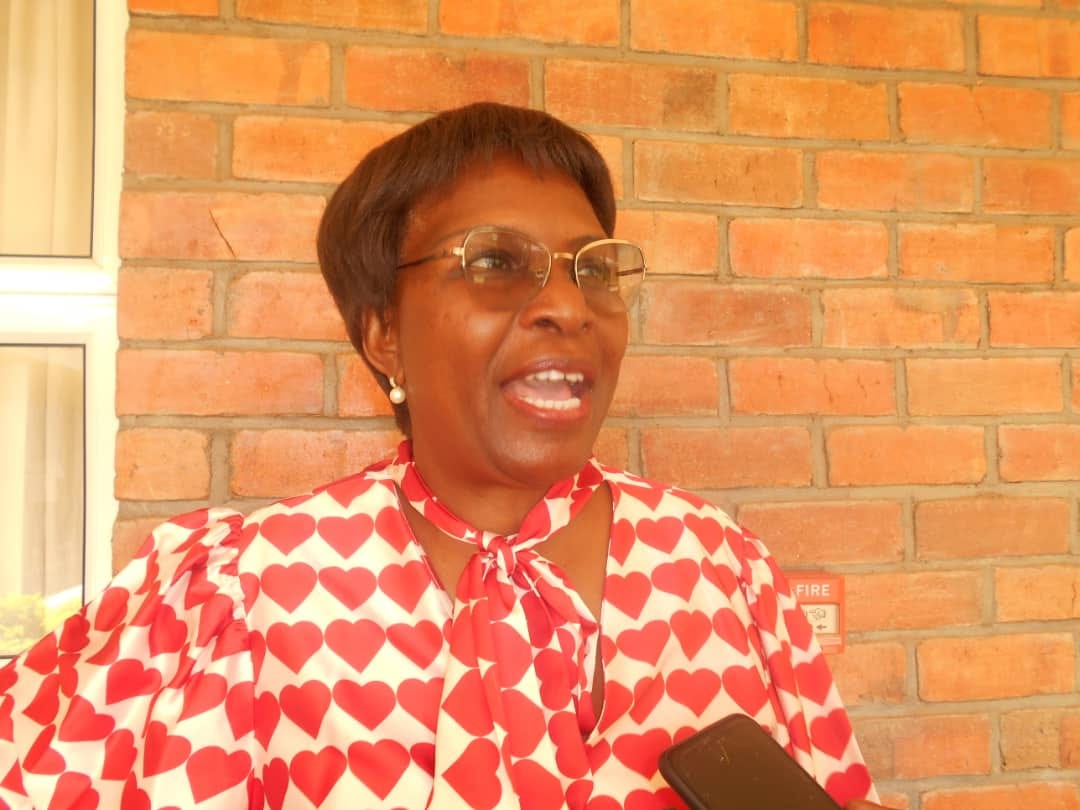Gender Inequality in Malawi: Inadequate Policy Implementation Blamed
The Gender Conference highlighted the critical need for Malawi to address gender inequality by effectively implementing policies, empowering women, and promoting gender-sensitive approaches.
Zomba, Malawi - Inadequate implementation of gender-related policies is a major factor contributing to persistent gender inequality in Malawi, according to experts gathered at a recent Gender Conference held at the School of Humanities and Social Sciences at the University of Malawi (UNIMA) in Zomba, writes Peter Davieson.
Andrew Jamali, Research Manager for the National Planning Commission, emphasized the far-reaching implications of gender issues, stating, "Gender issues in the context of development affect and have implications on various aspects of life.
Therefore, as a country, we need to situate the discussion across all parameters that affect key elements that determine who has the power to do what."
Jamali highlighted the importance of empowering women and providing them with equal access to resources and opportunities.
"We need to create spaces where women are given the same resources and opportunities as men, allowing them to demonstrate their abilities and contribute to societal transformation," he asserted.
Echoing Jamali's sentiments, the Executive Dean for the School of Humanities and Social Sciences, Dr. Emmanuel Ngwira, stressed the need for effective policy implementation.
"As a country, we have policies in place and advocacy efforts related to gender equality and gender-related issues, but we are lagging behind in implementation. There is a lot of work to be done in translating policies into action," he remarked.
Professor Isabel Apawo Phiri, Vice Chancellor for the University of Blantyre Synod, introduced the concept of intersectionality in addressing gender justice, suggesting that religion can play a role in promoting gender equality.
"By analysing different religions properly, we can identify elements of justice that can be harnessed to promote gender justice in Malawi," she explained.
Phiri further emphasised the need to examine the reasons behind poor policy implementation and identify strategies for improving policy effectiveness.
"We need to understand why we are not implementing the policies we have and what can be done to ensure that we are investing money in the implementation of policies that will prevent gender inequality," she urged.
The Gender Conference highlighted the critical need for Malawi to address gender inequality by effectively implementing policies, empowering women, and promoting gender-sensitive approaches in all aspects of society.



